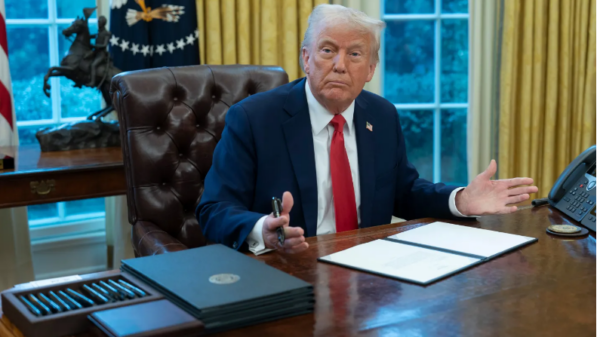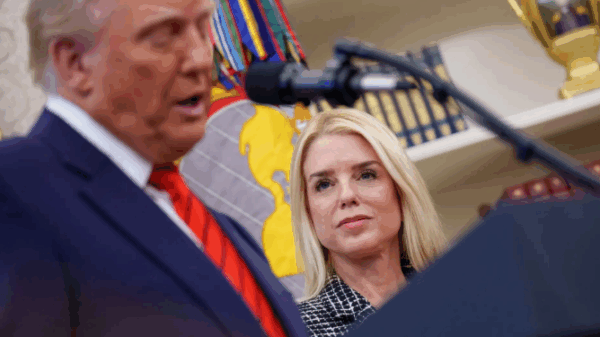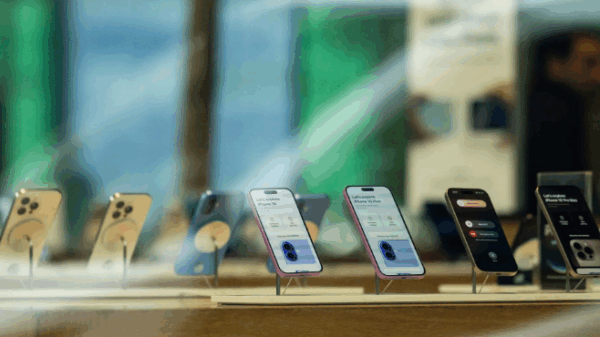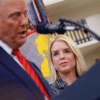As the U.S.-China trade war escalates, a new front has emerged—not on factory floors or shipping lanes, but on social media. Chinese netizens are flooding platforms with AI-generated satire, ridiculing the idea of American workers returning to sweatshop-style manufacturing, a jab at U.S. President Donald Trump’s aggressive tariff strategy.
The viral videos, many showing overweight Americans assembling sneakers or slumped over sewing machines beneath banners reading “Make America Strong Again,” have become a cultural sensation in China. The imagery lampoons the notion that the U.S. can revive its manufacturing sector by slapping heavy tariffs on imports.
The mockery follows Trump’s declaration of “Liberation Day” on April 2, when his administration imposed sweeping tariffs on all global trading partners. China was hit hardest, with U.S. tariffs on Chinese goods soaring to 145%. In response, Beijing raised its own tariffs on U.S. imports to 125%, though it vowed to avoid further tit-for-tat escalation.
“This isn’t a joke to China,” said a statement from China’s Ministry of Finance, “but retaliating endlessly is just a numbers game.”
Despite the sharp economic consequences, Chinese citizens are finding humor in the situation—especially in highlighting the implausibility of a U.S. manufacturing renaissance. “The joke is Americans don’t want to do those jobs,” said Mark Cogan, a U.S. academic based in Japan. “We’re the punchline.”
Trump has long promised that tariffs would trigger a “golden age” for American industry. However, economists argue the opposite is more likely. Jayant Menon of the ISEAS-Yusof Ishak Institute points out that trade deficits are often a sign of economic strength, not weakness. He adds, “The U.S. is trying to reverse what developing countries aspire to achieve—an evolved service economy.”
While Trump hopes high import costs will shift production stateside, experts warn that logistical and labor challenges make this unlikely. China’s massive, low-wage manufacturing workforce—over 100 million people—outpaces America’s 13 million factory workers. Moreover, U.S. consumers may simply buy less as prices climb, and businesses are unlikely to relocate given the higher cost of American labor.
Adding to the irony, the U.S. engineering talent needed for high-tech manufacturing is increasingly scarce. Much of it comes from international students—a group facing stricter visa restrictions under Trump’s immigration policies.
The AI videos may be satire, but they tap into serious concerns about global supply chains and the limits of economic nationalism. As tariffs drive up prices, Chinese factories have started promoting direct-to-consumer sales, while warning Western buyers of scams posing as brand-affiliated manufacturers.
The meme war, it seems, is a messaging win for Beijing. According to analysts, China’s retaliatory stance enjoys broad domestic support and is being used to project strength both at home and abroad. “China is ready to fight for its place at the table,” said consumer analyst Ashley Dudarenok.
And with the AI-powered propaganda now spreading across TikTok and X, even outside of China’s Great Firewall, experts say the message is resonating far beyond Beijing’s reach.








































